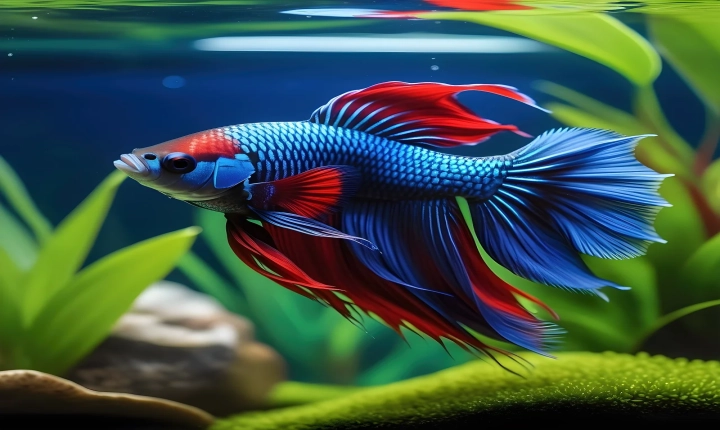AI: A Convergence of Science and Engineering
Artificial Intelligence (AI) is a field that has sparked both awe and curiosity among scientists, engineers, and the general public. But is AI a science or is it engineering? The truth is, AI represents a convergence of both disciplines, combining scientific principles with engineering methodologies to create intelligent systems that can mimic human cognitive functions.
At its core, AI is rooted in scientific research. The study of AI involves understanding complex algorithms, neural networks, and cognitive psychology to replicate human-like intelligence in machines. Scientists delve into fields such as mathematics, computer science, philosophy, and neuroscience to unravel the mysteries of intelligence and create AI systems that can learn, reason, and make decisions autonomously.
On the other hand, engineering plays a crucial role in the development and practical application of AI. Engineers are responsible for implementing the theoretical foundations of AI into tangible systems and applications. They design and build AI algorithms, develop software and hardware infrastructure, and optimize AI systems for real-world use. This requires a deep understanding of computer hardware, software development, data processing, and human-computer interaction.
In essence, AI can be seen as a scientific endeavor to understand the nature of intelligence and how it can be replicated, combined with engineering efforts to apply that knowledge in creating functional and efficient intelligent systems.
One can draw parallels between AI and other interdisciplinary fields such as biotechnology, where scientific discoveries are translated into practical applications through engineering techniques. In the same way, AI research and development require a symbiotic relationship between scientific exploration and engineering implementation.
The debate over whether AI is a science or engineering ultimately becomes a moot point when one considers the intricate relationship between the two. The success of AI relies on a harmonious blend of scientific exploration, engineering expertise, and interdisciplinary collaboration.
Furthermore, the future of AI depends on continuous advancements in both scientific understanding and engineering capabilities. Scientists must push the boundaries of knowledge, exploring new cognitive models and algorithms, while engineers must refine their skills to create more powerful and versatile AI systems.
In conclusion, AI transcends the traditional boundaries of science and engineering, bringing together the best of both worlds to create intelligent systems that have the potential to revolutionize various industries and improve human lives. Rather than categorizing AI as solely a scientific pursuit or an engineering feat, it is more accurate to view it as a harmonious fusion of both disciplines, working in unison to unlock the full potential of artificial intelligence.
